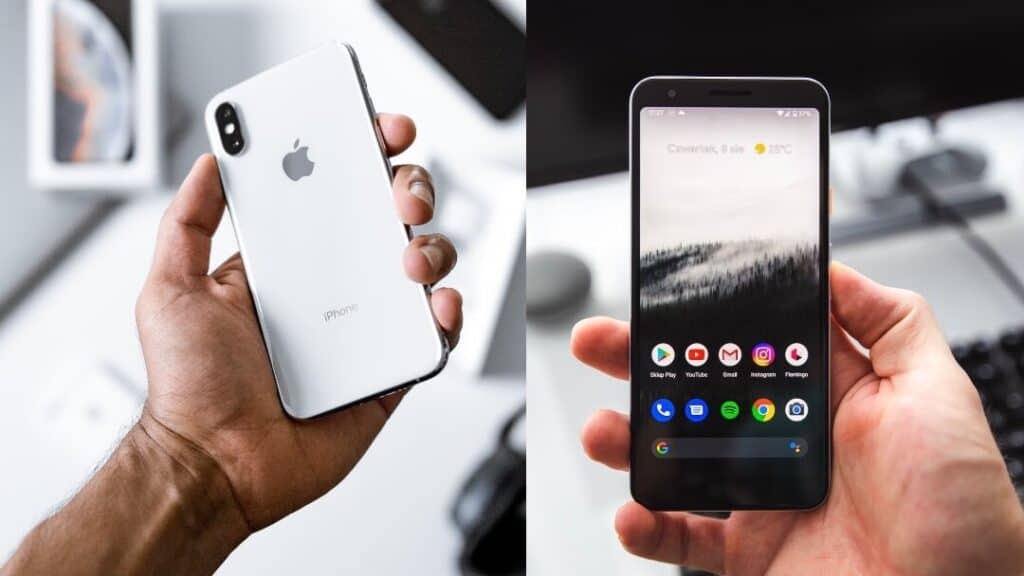Perhaps the biggest brand loyalty war in the twenty-first century is Apple vs everyone else. There are people who will defend Apple products tooth and nail, while others will extol the virtues of Android phones every chance they get.
Now, choosing a winner in any brand loyalty war is not objectively possible. But we can look at certain factors. One major factor fans of Apple often tout is that iPhones last a lot longer. Is this true?
We’re not going to be looking at the costs and convenience of replacements and repairs, especially when it comes to the warranties offered by various companies. Apple and all other manufacturers offer warranties of a year or two. It is important to note that phone insurance and phone warranty are not the same. Insurance will pay a claim if your phone is lost or stolen, whereas warranties are commitments made by manufacturers to fix any technical issues.
With a warranty, your device is guaranteed to last at least one year, and two years if you get an extended option. We’re going to look at how much longer a phone lasts after the warranty period is over.
Let’s take a look at whether iPhones last longer than Android phones.
Hardware
If you ask people who work in mobile repairs or as resellers of old devices, they tend to agree that Apple phones last longer. While they see people coming in to fix their older iPhones, no one seems to be using older Android phones.
Many Android users will admit that this is because their devices just do not work well enough to use regularly after a couple of years have passed. This is not necessarily all that surprising, as you are generally paying less for an Android device and the hardware just does not have the same quality.
That said, there are Android phones with extremely high-quality hardware that rivals any iPhone. Nonetheless, this does not mean the Android device will last as long.
Software Issues
One of the reasons that iPhones may last longer than Android phones is because of the software. The question of whether the latest iOS is better than the latest Android OS is complex, but one thing that is certain is that Apple’s software works more efficiently. This is mainly because Apple controls the software ecosystem on iPhones very closely.
Apple is very strict about which apps you can download onto your phone, only allowing developers who they have approved to appear on the App Store. This prevents viruses and malware, while ensuring that all software is optimized for the operating system.
This is also one of the reasons many people choose Android phones over iPhones. They want more control over their own phone software, but that does come at the cost of some longevity. For many, it is well worth it.
Apple Longevity Controversies
It is worth noting that a few years ago Apple admitted to slowing down older phones with updates. They claimed that this was in order to preserve older phones’ battery lives, but most people believe they did it to encourage users to buy new phones. Apple faced legal pressures because of this and had to pay out large sums of money.
This is both an indictment of Apple as a company and, indirectly, an endorsement of the quality of their phones. The fact that they had to slow down older phones implies that it was not worth their while to wait for those phones to stop working properly. Nonetheless, if you don’t want to buy products from a company that is known to have engaged in these practices, you’ll want to avoid iPhones.
That being said, the difference between Apple and other companies in this regard may just be that Apple got caught. The problem with brand loyalty is that it is often used to make consumers forget that these are companies whose priority is making as much money as possible. Whether you love Android phones or Apple phones, the manufacturers do not care all that much for you.
If you’re looking for a long-lasting phone, an iPhone is probably your best option. Android phones can last long, but they are likely to slow down before an equivalent iPhone does.
